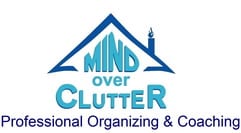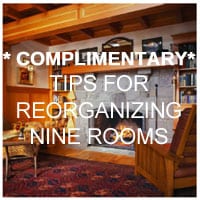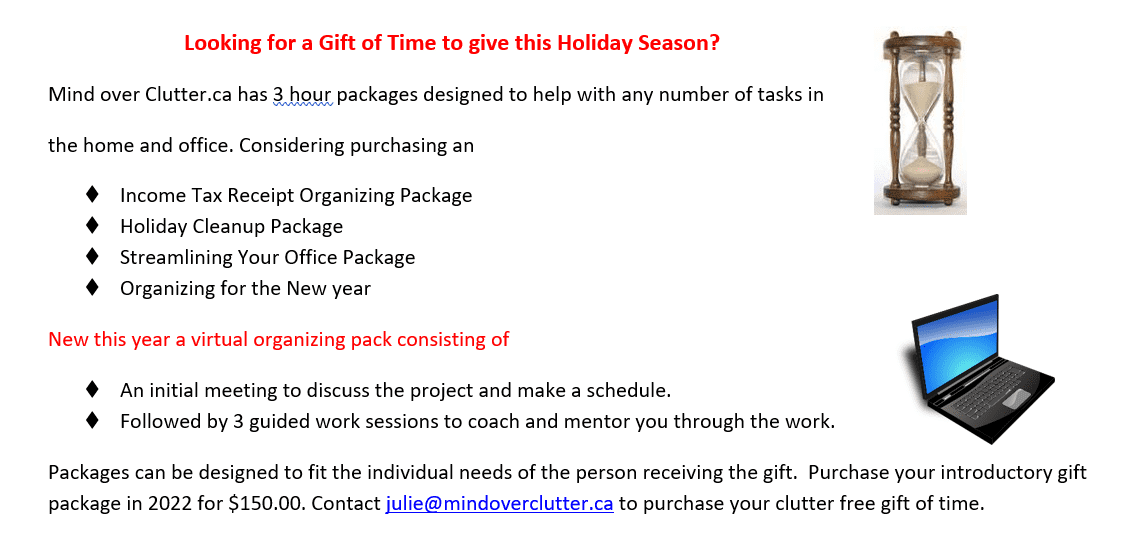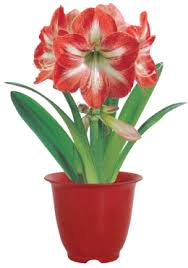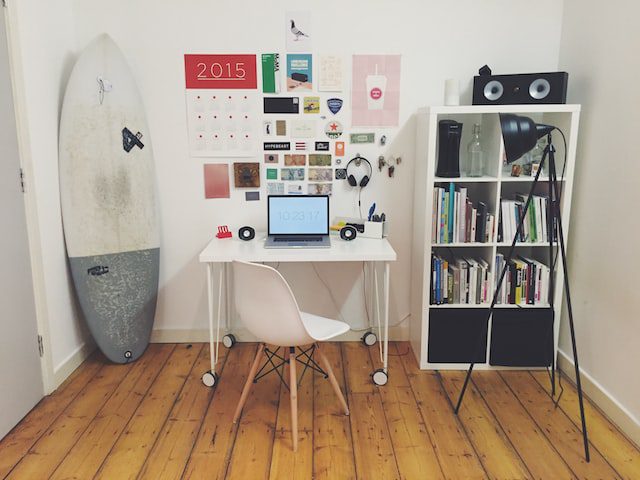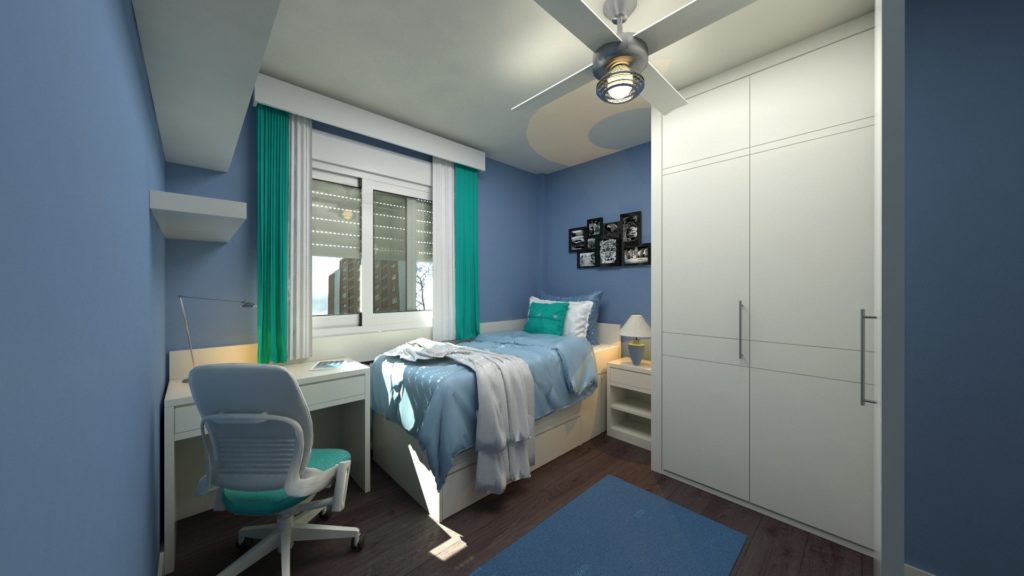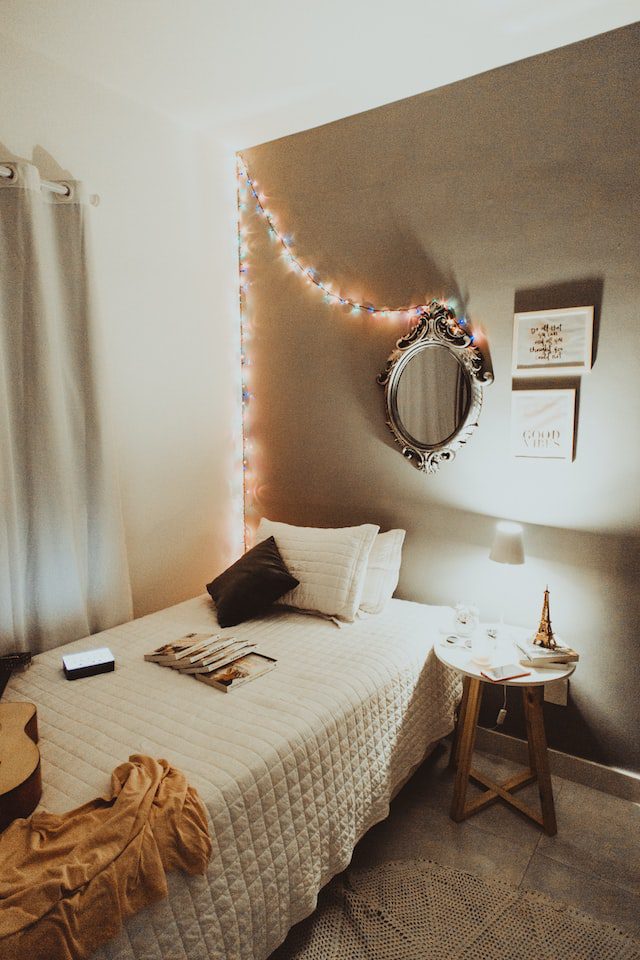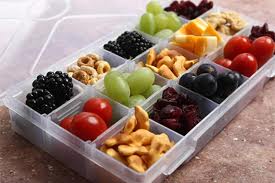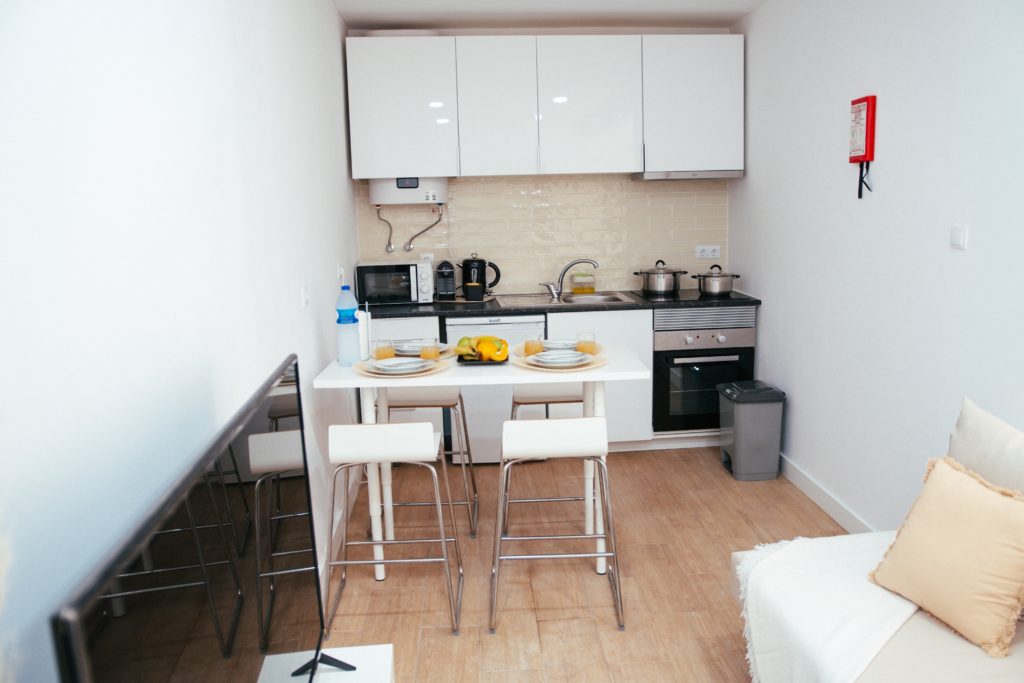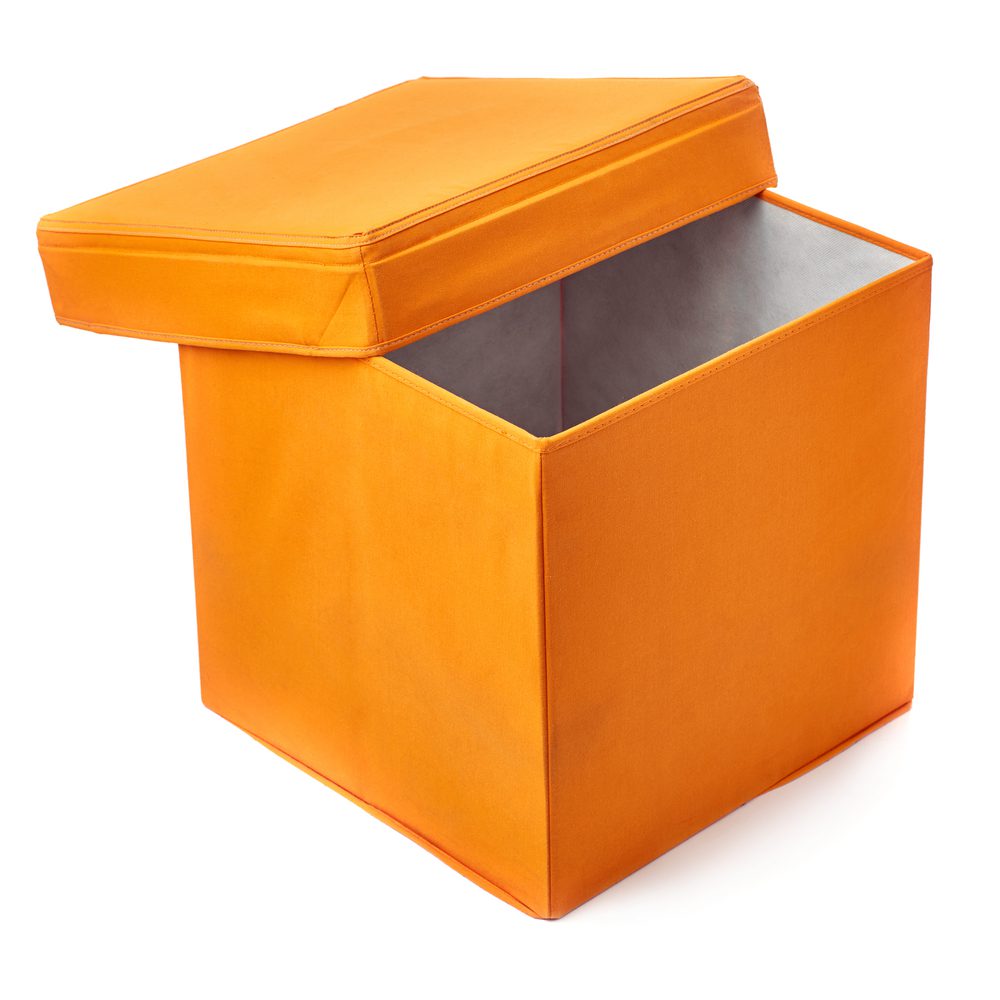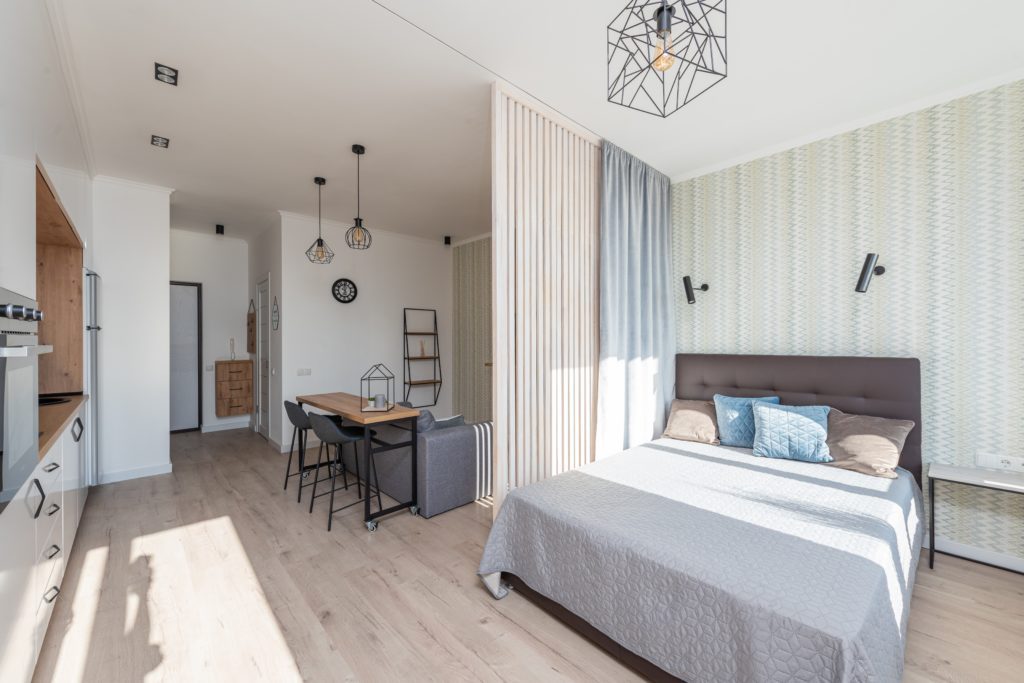Latest Blog Posts
Black Friday and Cyber Monday are fast approaching. There may be some deals you can find. Ask yourself:
- Will you be spending a lot of your valuable time looking for that special holiday deal?
- Will you end up purchasing things that cause clutter for you or a friend?
- Will you overspend on your budget?
- Will you be happy with your purchases?
Fun Facts
Here are some fun facts. The term Black Friday first became used widely in the 1990’s and refers to retailers reaching profitability or in the black – black ink, as opposed to losses that were originally recorded in red ink.
Black Friday sales declined only once in recent years. It was 2008 during the Recession. Only 263,820 seasonal workers were hired in 2008 – a staggering low compared to the record 764,750 workers hired in 2013.
Here’s an idea you don’t have to wait in line for.
Mind over Clutter.ca has 3 hour packages designed to help with any number of tasks in the home and office. Considering purchasing an
- Income Tax Receipt Organizing Package
- Holiday Cleanup Package
- Streamlining Your Office Package.
- Virtual Organizing Packages
Packages can be designed to fit the individual needs of the person receiving the gift. Purchase your gift package for $195.00. Contact julie@mindoverclutter.ca to purchase your clutter-free gift of time.
 Julie Stobbe is a Trained Professional Organizer and Lifestyle Organizing Coach who brings happiness to homes and organization to offices, in person and virtually. She has been working with clients since 2006 to provide customized organizing solutions to suit their individual needs and situation. She uses her love of physical activity to reduce clutter, in your home and office. She guides and supports you to manage your time. If you’re in a difficult transition Julie can coach you to break-free of emotional clutter constraining you from living life on your terms. Online courses are available to help instruct, coach and support your organizing projects. Get started by downloading Tips for Reorganizing 9 Rooms.
Julie Stobbe is a Trained Professional Organizer and Lifestyle Organizing Coach who brings happiness to homes and organization to offices, in person and virtually. She has been working with clients since 2006 to provide customized organizing solutions to suit their individual needs and situation. She uses her love of physical activity to reduce clutter, in your home and office. She guides and supports you to manage your time. If you’re in a difficult transition Julie can coach you to break-free of emotional clutter constraining you from living life on your terms. Online courses are available to help instruct, coach and support your organizing projects. Get started by downloading Tips for Reorganizing 9 Rooms.
Contact her at julie@mindoverclutter.ca
Click here to learn more about her online course Create an Organized Home.
Twitter – Facebook – Facebook group Organizing Mind and Space
Reading time 5 minutes
There are many considerations when trying to purchase the perfect present. Sometimes the person has everything. Some people may feel that they have enough stuff and they don’t want to have to decide how to store more items. Some people feel that they need to keep everything they are given whether they need it or like it or can use it. They are afraid of hurting the giver’s feelings. It may feel like an impossible mission. Consider the idea of a gift that self destructs.
Give tickets to an event
Sporting, theatre, art gallery exhibits, or musical events. Most of these types of events have virtual or live performances. Give them tickets so it won’t be a gift card that they file or lose. Most performances will allow tickets to be exchanged for a different date. You can support your local community by purchasing tickets to a little theatre production, or concert. Give them the gift of entertainment.
Rent a sports venue
It can be an hour of ice time, indoor soccer, indoor tennis, indoor pickleball and indoor golf. This type of gift usually gets people together to socialize and be active. It is a gift of physical and emotional health.
Give an experience as a gift then there is nothing to store Click To TweetLessons
You can give lessons to a person. Art lessons, wine tasting, golfing, home improvement, music, craft, beading, the ideas are limitless. Many lessons are delivered virtually and in person. Goggle _______lessons. You fill in the blank It can be one lesson or a group of lessons. You can do it as a group or a person can do it solo. Give the gift of a new experience.
Food
Give a gift of a meal, prepared by you for them on a mutually agreed date. You may want to give them a batch of muffins every month or whatever their favourite food is. People enjoy receiving homemade Christmas cookies or a fruit plate. You can go online and search COOKIES in a Jar. The recipient of the cookie mix adds water or milk and bakes the cookies. Give the gift of sharing your time with others.
A Service
Someone may enjoy being relieved of performing a tedious job. Arrange for a cleaning service, car detailing, professional organizer, snow removal, and lawn care. Give them the gift of time for themselves.
Charities
There are many charities that can benefit from donations. Select a charity and make a donation in the name of the person. Look at one aspect of the person’s life and try to find a charity that represents their interests. Give them the gift of generosity.
Give the gift of Fun
One year we rented a hot tub for a week. Another year I bought rocket kits for everyone, we built the kits and shot off the rockets. Easy enough to do with social distancing.
Give the gift of memories
This year may be the perfect time to collect family photos and make a calendar. There are many online sites you can use to make the calendar. At the end of the year, you can let it go and make a new one. Give them the gift that keeps on giving.
Here are a few gifts that are clutter-free, personal and thoughtful and the ideas are endless. Don’t let time stop you from creatively finding the gift you want to give.
Share your idea in the comments


Contact her at julie@mindoverclutter.ca
Click here to learn more about her online course Create an Organized Home.
Twitter – Facebook – Facebook group Organizing Mind and Space
From now until January there are many celebrations. During the holiday season expectations are raised. The food needs to be perfect, the gift needs to be thoughtfully purchased, the house needs to be tastefully decorated, and everyone needs to be happy all the time. Record your expectations for the season. Everything you can think of. Look through your list and decide on a plan that makes each expectation manageable for you. If your expectations align with practicality, this holiday will be less stressful and more fun.
Planning Food
Could you:
- Cook ahead of time and freeze the food
- Plan a potluck with everyone contributing
- Buy your holiday baking
- Simplify your menu, prepare fewer items
Gift Giving
Gift Giving
Could you:
- Reduce the number of people you buy for
- Draw names so everyone gets one gift
- Set a price limit on the value of the gift
- Plan an experience instead of buying a gift: go to a play, go out for dinner, and go to a movie
If your expectations align with practicality, holidays will be less stressful and more fun. Click To Tweet
Decorating
Could you:
- Put out fewer items
- Use more oversized items to make the space look decorated instead of using lots of small items
- Decorate with flowers; you don’t have to pack them away when the season is over
Be Happy
Be Happy
Could you:
- Plan your schedule so you don’t get over tired
- Plan downtime so each member of the group can spend time alone
- Plan things you like to do, not have to do
- Plan to exercise and get fresh air
Can you learn to ask for help and accept help?
Can you learn to ask for help and accept help?
Virtual organizing allows me to support your organizing projects by providing planning, coaching and mentoring while both remaining safely at home Book a 30-minute complimentary virtual organizing assessment. https://mindoverclutter.as.me/virtualorganizingassessment


Contact her at julie@mindoverclutter.ca
Click here to learn more about her online course Create an Organized Home.
Twitter – Facebook – Facebook group Organizing Mind and Space
Reading time a-5 minutes
Judith Kolberg founded FileHeads, a professional organizing company, in 1989 and has been a member of the National Association of Professional Organizers (NAPO) since 1990. She formed the Institute for Challenging Disorganization and has served as its director for seven years.
Judith is the author of Conquering Chronic Disorganization, co-author with Dr. Kathleen Nadeau of ADD-Friendly Ways to Organize Your Life, and Organize for Disaster: Prepare Your Family and Your Home for Any Natural or Unnatural Disaster and Getting Organized in the Era of Endless.
- Hoarding disorder has been included in the new version of the Diagnostic and Statistical Manual for Mental Disorders. How has your expertise in working with clients with hoarding disorder influenced your ideas about mental wellness?
I love that you use the term ‘mental wellness’ instead of ‘mental illness’. As an organizer, I’m convinced that good psychotherapy is essential to the mental wellness of a person who hoards. A safe place to talk about what kind of life one wants to lead, how the emotional issues of loss, trauma and grief interplay with excessive saving and acquisition, and handling stress are key. Psychotherapy via Zoom, online individual and group, on-site, and peer-led support would be really handy in many hoarding situations rather than in a clinical, office setting.
- When working with a hoarding client or their family,
what is one common motivation obstacle and a strategy for overcoming it?
An obstacle to motivation is the fear of discarding the person’s possessions to the landfill. Reassurance that this will not be so is essential, but the age-old issue is will this promise backfire. Will the people charged with sorting and discarding and reducing the hoard be thwarted by “You said my stuff would not be thrown out?” If the person who hoards sees that there are good “pickers”, organizers who take the time to pull out the “good stuff” and load it into lots of clear, labelled containers that helps. Deciding on a specific individual recipient for the excess stuff also helps, as all the shoes go to my brother-in-law. Specific charities also help – all the stuffed animals to the Red Cross for children of natural disasters, all the pet stuff to the pet shelter, and all the unused toiletries to the women’s shelter. I take the time to discuss my entire process with the family.
- As a speaker, author, and trainer, you’ve been helping clients and families learn
strategies to help people with ADD and ADHD get better organized. In what ways have those strategies changed from when you started studying in this field to now?
The “how” has not changed much even though the “why” is better and better understood. I would say that providing strategies to cope with technology, devices, the Internet black hole, and digital distractions is the new frontier. Ironically, helping ADDers to use these very same things to their advantage is also new.
- For those who are especially challenged with ADD, what 2 strategies are most effective?
We have to get better, as organizers, at helping people with ADD manage their tasks and time. One strategy is for the organizer to be the time estimator. It’s great if that skill can be transferred and it often can by example, but there is no harm in the organizer actually being the person who helps the ADD client estimate how long a project or a task will take and accounting for it in scheduling. Another strategy is to think of creative ways for a person with ADD to capture tasks on the run. That might be post-it notes, voice mail notes, texting oneself, sending yourself emails, or using apps that convert voice to text or text to voice.
- What has been your biggest personal challenge around chronic disorganization?
My disorganization is centered on directions, getting from place A to place B without getting lost. I use voice GPS and that has been absolutely dreamy. I’m told directionality issues are part of my brand of dyslexia. Lots of little spatial challenges thwart me. I can’t for instance, look at my PowerPoint, advance the slides, and speak at the same time. I have to use index cards, even after all these years.
Judith Kolberg has written many valuable resources and more resources can be found on the website of the Institute for Chronic Disorganization.
What is the most difficult problem you have encountered helping someone who is chronically disorganized? Let us know so we can help.
Along with other wonderful bloggers, I have been selected by the Feedspot panellists as one of the Top 15 Canadian Organizing Blogs on the web. Learn more about all of us. https://blog.feedspot.com/canadian_organizing_blogs/?feedid=5584279





Contact her at julie@mindoverclutter.ca
Reading time – 10 mins
It’s back-to-school time! If you entered a university or college this year, you may be living in a student dorm room for the first time. If you plan to do your best this semester, you should ensure you have a productive study space in your dorm room! Now is the time to start thinking about how to organize your dorm room for maximum productivity.
You may be thinking, “How can I establish a pleasant and effective study place that exudes creativity without overwhelming the room?” Finding solutions that work for you and your limited space is critical. What’s keeping you from getting organized? Will there be enough lighting in the room? What can you do to make this room seem more inspiring? These are all critical considerations to ask yourself when setting up a study place. Are you ready to learn how to make a productive study space in your dorm room?
Maximize your available space
You should first figure out how to make the most of the limited space in your dorm room. You must ensure that you are making the most of your limited space since studying in a cramped or cluttered room won’t be productive. You may use several space-saving tactics and ideas in your dorm room to create the illusion of extra free space.
One method to do this is first to declutter. Remove any large items, such as a bookcase, to create room for a study desk. Instead of a large bookcase, build open shelves on the wall. It enables you to make extra room while still having adequate storage for your books and personal effects. However, if you are missing space for some of your necessities, Centennial Moving can help by renting you the needed storage. A storage unit can also be handy when moving into or out of your dorm. At the end of a semester, it may be more cost-effective to store your items than to move them back home.
Everything should serve numerous functions
When you live in a tiny place, you must make the most of everything you own. Everything in your dorm should serve many tasks. Instead of a regular table near the bed, use an ottoman or cabinet with drawers and storage that can hold a bunch of stuff. Don’t simply use a table to set your laptop on; instead, choose a desk that takes up the same amount of room but has more storage.
Bed lifts are handy for dorm room dwellers if you do not have a bed loft. Bed lifters are placed on the bottom of the memory foam mattress or beneath bed frames to raise it a further six inches. The wonderful thing about this is that you can now utilize the wasted area under the bed as storage. Another benefit of bed risers is that they have AC plugs built directly into them, giving you a greater choice in where you place the bed. There’s no need to worry about a hidden outlet buried under the bed you can’t reach.
Instead of studying in bed, study at your desk
When you have 30+ pages of your textbook to read, your bed appears quite attractive. Unfortunately, many students tend to doze off in bed. Unless you travel to the library or a study group outside your dorm room, try to accomplish all your studying, school work, and reading at your desk. It’s easy to zone out or fall asleep when studying in bed, particularly if you’re reading boring or too technical stuff. Relocating your textbooks or laptop away from your bed will organize your dorm room for maximum productivity. Bringing textbooks or a laptop into bed sends confusing messages to your body, and studies suggest that using technology in bed may harm your sleep quality.
Reduce Distractions
Is your neighbour’s music blaring across the hall? Or maybe you hear people talking just outside your door? If so, why not invest in a set of noise-cancelling headphones? Depending on what you find most comfortable, you may choose between over-ear, on-ear, and earbud models. It’s also a good idea to get a model with lengthy battery life so you can remain focused on your studies all day. Furthermore, noise-cancelling headphones are available in various price ranges, so you’re likely to find the right set.
Do you find yourself browsing social media during your study sessions? If this is the case, try designating particular periods of the day for texting or accessing the web. For example, you will get 10 minutes of phone time for every hour spent studying. Furthermore, lock apps may block you from using particular apps on your phone for a set amount of time. If you have trouble maintaining attention, there are many ways of organizing your life. You will be able to focus on your work without being distracted by social media, games, phone calls, or messages.


Try moving your phone out of your line of sight and setting it to Do Not Disturb mode for less distraction.
Introduce personalization
Adding a touch of personalization to your dorm room is also crucial. Your room should be functional and a representation of your personality. This doesn’t mean cluttering your space with unnecessary items but strategically placing a few pieces that make you feel at home. For example, hanging a motivational poster or having a desk photo of your loved ones can provide much-needed encouragement during stressful periods.
Invest in good lighting
One element often overlooked in dorm rooms is proper lighting. While maximizing space and reducing distractions is essential, so is ensuring that you have adequate light. Poor lighting can strain your eyes, especially during extended study sessions. Invest in an adjustable desk lamp with LED lights, which provide bright illumination without consuming too much electricity. If your dorm room doesn’t get enough natural light, consider light therapy lamps or bulbs that mimic daylight, improving concentration and mood.
Prioritize ergonomics
Sitting for long hours can take a toll on your posture and overall health. Make sure your study space is ergonomically friendly. This might mean investing in a chair cushion, ergonomic mouse, or keyboard, or even a standing desk converter. Adjust your chair and monitor so your eyes are at screen level and your feet are flat on the ground.
Use colour psychology
Colour plays a significant role in our mood and productivity. While you might not be able to paint your dorm room walls, you can incorporate colours that enhance concentration and motivation through items like bedding, curtains, or desk accessories. You can also dress in a specific colour. For instance, blue is known to stimulate the mind, yellow can boost creativity, and green is calming and helps improve efficiency.
You must coordinate (with your roommate)
Did you and your roommate bring duplicates of large items? Next time you go home to visit take some of those items back with you so the valuable room space can be organized for maximum productivity. Here are a few examples of space-consuming products that you’ll probably only need one of between the two of you:
- Television (you may not need one, but let’s pretend you bring one anyhow.
- Refrigerator — obviously, a mini-fridge; a full-size community fridge will most likely be accessible for storing large things and frozen meals.
- The microwave oven
- If you believe a gaming console to be essential, just one should suffice.
- Dock for stereo/music player with speakers
Before a conflict arises, communicate as soon as possible to determine what arrangement works best for you. Is one of you comfortable being many feet above the ground on a top bunk bed? Is the other individual at ease sleeping under a bed frame, mattress, and companion weighing several hundred pounds? Now that you have lived together for a while, make changes that help you both to feel comfortable.
How much room will you need to move about in the appropriate living area for yourself and visitors? What about furnishings like toss pillows, futons, and school-supplied desks and dressers? The main point here is to arrange as much as possible with your roommate and have the right mindset so your term is happy, enjoyable and productive.
In conclusion
There’s some truth to the old adage that buddies shouldn’t become roommates. However, there’s no reason you can’t get along with whoever your allocated roommate is. By working together and coordinating your activities, you may save money and organize your dorm room for maximum productivity.
How did you organize a dorm room? Success and horror stories are all welcome in the comments.


Contact her at julie@mindoverclutter.ca
Click here to learn more about her online course Create an Organized Home.
Twitter – Facebook – Facebook group Organizing Mind and Space
So you want to get organized?
Achieving order in your life doesn’t mean being perfect. That’s not realistic. Getting organized is not an event; it’s a process that happens over time. Like changing your eating or exercise habits, it sometimes involves behavioural changes and routines.
Perfectionism
Is being unrealistic by spending so much time on a task that it deprives other important tasks of sufficient time.
Excellence
Is doing the best job you can with the time and resources at your disposal.
What is organization?
Being organized has less to do with the way an environment looks than how effectively it functions. If a person can find what they need when they need it, feels unencumbered in achieving his or her goals, and is happy in his or her space, then that person is well organized.
Myth #1 Organization is a born talent.
- Organization is a skill. If the right resources or support are available it is easy to learn.
Myth #2: It’s impossible to stay organized.
- Organizing is sustainable, if systems are built around the way the person thinks and designed to grow and adapt to new information.
The 7 Habits of Very Organized People
1. They have a place for everything
- 25% of business documents are misplaced and will never be located so those documents must be recreated.
2. They put things back
- Executives waste six weeks per year searching for items.
3. They write things down
- Make a master list of things to do to determine the priorities for the next day. This may include planning the most effective routine to use to accomplish the tasks, the route driven to see a client or considering high and low energy cycles in the day and planning tasks accordingly.
4. They don’t allow papers/e-mails to pile up.
- The average worker sends and receives over 190 messages each day. Approximately 60 e-mails can be processed each hour. Learn how to use e-mail effectively in order to limit the number of e-mails received and sent each day.
5. They don’t procrastinate
- Procrastinating causes people to spend more time and energy on avoiding the task than completing it. Once it is accomplished it is out of sight and out of mind.
6. They set goals and assign deadlines
- Schedule a time for each task in the project to be completed, so deadlines can be met easily.
7. They only keep what they use and enjoy.
- Clutter is usually the “extra” that is kept on hand just in case it is needed. About 20% of items are used 80% of the time, so 80% of items are hardly used at all. Find the important 20% and let go of the unimportant 80%.
- They have a place for everything
- They put things back
- They write things down
- They don’t allow papers/e-mails to pile up.
- They don’t procrastinate
- They set goals and assign deadlines
- They only keep what they use and enjoy.
If you need help getting organized contact me for a virtual consultation





Twitter –Facebook – Facebook group Organizing Mind and Space
Reading time – 10 minutes
Transitioning from a relaxed summer mindset to a productive routine can be challenging. There are several strategies you can use to regain motivation and boost your productivity. Here are some tips to help you get back on track.
1. Set Clear Goals
Define specific, measurable goals for what you want to achieve after the summer. Having a clear sense of purpose will give you a reason to stay motivated and work towards your objectives. Making a realistic list of tasks to complete helps to structure your workday.

2. Start Small
Begin with small tasks or projects to ease yourself into a productive work routine after the summer. Accomplishing these smaller tasks can provide a sense of accomplishment and build momentum for larger tasks.
3. Create a Routine
Establish a daily routine that includes dedicated work hours, breaks, exercise, and relaxation. Having a structured routine can help you transition smoothly from the more relaxed summer schedule.
4. Prioritize Tasks
Make a to-do list and prioritize tasks based on their importance and deadlines. Tackling high-priority tasks first can help you make steady progress and feel a sense of accomplishment.
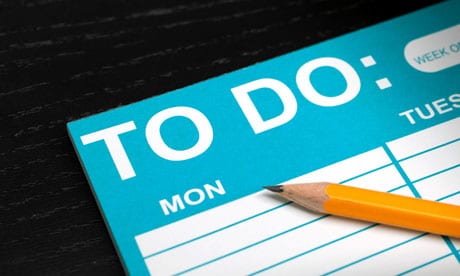
5. Break Tasks into Smaller Steps
Large projects can feel overwhelming, leading to procrastination. Break them into smaller, manageable steps to make them feel more achievable.
6. Eliminate Distractions
Identify and minimize distractions in your workspace. This could mean turning off notifications, creating a clutter-free environment, or using website blockers during work hours.

7. Use Time Management Techniques
Employ techniques like the Pomodoro Technique, where you work for a focused period (e.g., 25 minutes) and then take a short break. This can enhance your concentration and productivity.
8. Reward Yourself
Set up rewards for completing tasks or reaching milestones. Treat yourself to something enjoyable after accomplishing your work, which can reinforce positive behaviour.
9. Visualize Success
Imagine the satisfaction and benefits of achieving your goals. Visualizing success can help you maintain focus and motivation.
10. Stay Accountable
Share your goals with a friend, family member, or colleague who can hold you accountable. Knowing that someone else is aware of your goals can help you stay motivated.
11. Seek Inspiration
Surround yourself with motivational content, books, podcasts, or videos that inspire you to stay productive and motivated. Post inspirational sayings in your work area.
12. Stay Healthy
Prioritize your physical and mental well-being. Regular exercise, a balanced diet, and sufficient sleep can significantly impact your energy levels and motivation.
13. Reflect on Your Summer
Take some time to reflect on what you enjoyed during the summer and how you can integrate those positive aspects into your daily routine. This can make the transition smoother.
14. Adapt and Adjust
Be flexible with your approach. If you find that certain strategies are not working, be open to trying different methods until you find what works best for you.
Remember that motivation can fluctuate, so it’s essential to be patient with yourself. The key is to take consistent steps toward your goals and establish habits that support your productivity over the long term.
Do you feel burnt out after the summer? What do you do to re-energize?





Contact her at julie@mindoverclutter.ca
Click here to learn more about her online course Create an Organized Home.
Twitter – Facebook – Facebook group Organizing Mind and Space
Click here to learn more about working with a Professional Organizer.
Reading time – 10 minutes
Living in a small apartment has many challenges. The biggest is the lack of space. Many people wind up in homes that simply aren’t large enough to house all their possessions.
Fortunately, it turns out that there are numerous strategies you can use to increase the amount of space you have available. In this post, you’ll find all sorts of ways to expand the space available to you, even if you live in a studio (or something even smaller)
Use Outdoor Space
If your apartment has any outdoor space, such as a balcony or shared shed, then use it. The more outdoor equipment you can keep outside, the less it will clutter up your home. You can purchase water tight chests to protect your items from damage and keep them safe.
You’ll notice that outdoor items and tools are often the bulkiest possessions you own. While you can stuff plenty of clothes into a drawer, rigid toolboxes, and bicycles are hard to keep out of the way.
Use Multi-Functional Furniture
Another tip is to use multifunctional furniture. Doubling up saves space and reduces the need for duplication. Many pieces of furniture can be used to store your stuff, coffee tables that lift up with storage below, use a cabinet instead of a table or bench a footstool where the top lifts off to provide storage. If you have a two-bedroom apartment, get a sofa bed. You can use it as seating until guests come over, at which point you can transform it into a bed.
Add More Vertical Storage
You could also try adding more vertical storage to your apartment to increase the space you have available. Adding more vertical storage space is pretty easy. We recommend concentrating it in one room, like the bedroom, allowing you to declutter other parts of your space. When possible have the bookcases, cupboards or shelves the same colour as the wall. When they blend into the wall the room looks larger since you don’t notice the furniture. If they are a contrasting colour to your walls you notice the large pieces of furniture and the room looks smaller. Focus on providing additional vertical storage in less noticeable places like above doors or adding an extra shelf in a closet. There are many over the door organizing gadgets that provide storage on the back of doors.
Leverage Out-Of-Home Storage Wisely
Even with the best efforts in the world, you sometimes still run out of space in an apartment, especially if you own sizable possessions, like a grand piano. The most cost effective expense might be renting a storage unit. Having a small apartment with a lower rent and a self self storage unit may meet your budget better than paying more for a larger apartment. Units provide space for your belongings, enabling you to free up room in your house to easily access the things you use regularly. Decide what is important to keep and store and donate the rest. You want to rent the smallest unit possible. Organize it so you can easily access your stuff.
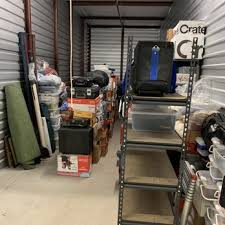
Organize Your Small Kitchen
Invest your time in organizing your small kitchen. These kitchens can be challenging to manage and significantly easier to take care of and use when you adopt the proper techniques.
For example:
- Use shelf risers and hooks to increase storage options
- Consider placing magnetic racks on the walls or under the cabinets
- Remove any unnecessary appliances from the countertops and store them in the cupboards
- Use foldable and stackable kitchenware
Many cookware brands now offer two-piece sets that meet 99% of your cooking needs. Reducing your cookware can free up space for other items you might want to use more often. If you have some appliances you use seasonally, barbecue, crockpot, dehydrator, deep fryer put them in less accessible places and make room for the items you use most in that season. As seasons change rearrange the storage of your small appliances.
If you have space put in a small island to have more counter space and storage space. Buy one that you can sit around and use instead of a table. If it has wheels even better, so you can move it around as needed.
Add Curtain Dividers
You might also consider adding curtain dividers to your space to make it more flexible. Having the ability to create new rooms is a great way to compensate for a lack of space and make your apartment more flexible. There are styles you can mount on the ceiling and roll down so that when you are not using it you don’t see it. You can mount a rod and hang the curtain as needed. The curtain may double as a bedspread so you don’t need to find a place to store it.
For instance, you invite guests over but don’t have a spare bedroom for them. Adding curtain dividers to the living area is an excellent way to provide them with the privacy they want.
Be More Minimalist
You can also try living a more minimalist lifestyle if the above options don’t appeal to you. Reducing the number of possessions you own can be an excellent way to free up space and enjoy your living conditions more.
Being minimalist doesn’t necessarily mean you need to adopt a Spartan approach or buy cheap items for the home. Instead, it means investing in quality belongings you will use regularly, and reducing anything that doesn’t fit into your routine or priorities.
As you’re deciding what you can live without you may want to store it somewhere else. As you start to enjoy having less to take care of, organize and clean you can start to donate items. Living well in the space you have is the best way to enjoy your life.
Here are some of the ways you can get more space in your apartment with ease.
Share in the comments your favourite way to make more storage space.





Contact her at julie@mindoverclutter.ca
Click here to learn more about her online course Create an Organized Home.
Twitter – Facebook – Facebook group Organizing Mind and Space
Click here to learn more about working with a Professional Organizer.
Reading time – 3 minutes
This advice appeared in the P.O.S.T Professional Organizing Strategies and Tips newsletter. To learn about Professional Organizers in Canada click this link http://www.organizersincanada.com/.
There’s something about summer, the lure of the open road and the promise of a change of scenery that makes us want to load up the car and just go some place. If there’s one time you really want to be organized, it’s when you’re traveling. Traveling requires more organization than we may possess in our daily lives, so cut the stress by following an organizing checklist for inside the car.
Planning & Prepping
- Make sure your car is in good condition – oil checked, tires inspected and filled – test the air conditioning and wiper blades.
- Driver’s licenses, passports, insurance cards, ownership and registration, and contact numbers for roadside assistance should be readily accessible. Make spare copies and leave with a travel companion.
- The spare tire and jack – are in good shape and are easy to access. An emergency car tool kit should include an orange flag or pylon that you can use to signal for help if needed. Learn how to change a flat tire.
- Spare set of keys – in case they get locked inside the car or drop out of your pocket. (Even if you have to call a locksmith to open the car, you’ll be able to drive when it’s unlocked.)
- Plastic grocery bags for garbage – always!
- These blue bins fit between two seats and can hold a lot of gear. Each young member of the family can have their own bin for a blanket, sweatshirt, hat, sunglasses, and spare shoes. They can access anything that they need on their own and have a place to wrangle their souvenirs.
- A file box with a labeled folder for each section of the road trip.
Maps
- A traditional map or print custom maps for your journey at GoogleMaps or MapQuest Route Planner. CAA or AAA will also provide route maps.
- (GPS) A Global Positioning System – some travelers say they wouldn’t leave home without one!
- APPS are available on smartphones to find everything from restaurants, hotels, parks, and other points of interest as well as weather reports and plenty of games, quizzes and puzzles for young ones.
- Book the hotel ahead so you don’t have to find a place at the end of the day. Find hotels with generous cancellation policies.
In-Car Diversions
- Music – A playlist or CD collection if you’re traveling through an area where radio signals might be sketchy.
- Audio Books, DVDs and a laptop are great to have because it means you don’t need to spend time uploading content to your phone or iPad before the trip when you may be busy. Check out your local library.
- Spare batteries, charging cables and electricity power converter for electronics.
- Healthy Snacks: fruit (apples can keep well for a long time), pretzels, granola bars, crackers and nuts, along with a few fun treats. A trip to the grocery store along the way can help you save money too because the costs of dining out can add up.
- Beverages: A soft-sided cooler packed with water bottles and low-sugar soft drinks.
Toiletries within easy reach
- Tissues, paper towels, cleaning wipes, hand sanitizer and a roll of toilet paper, in case the rest stop isn’t well-stocked.
- Prescription medicines as well as basics like pain relievers, antacids and remedies for motion sickness.
- Sunglasses, sunscreen and insect repellent.
- A first aid kit with antiseptic and band-aids for minor cuts, cortisone cream for insect bites, and bandages.
Clothing & Comfort
- Wear comfortable clothing – no items which restrict or bind.
- Wear shoes that are easy to take on and off. Always have a pair of closed toe shoes available.
- A sweater or jacket over a T-shirt for instant respectability in public areas.
- A small blanket if you disagree with the temperature setting within the car.
- A pillow from home for an unfamiliar hotel bed.
Finally
- Think twice before posting about your trip on social media if your house is currently empty!!
What are your best traveling tips? Share it with us in the comments.


Contact her at julie@mindoverclutter.ca
Click here to learn more about her online course Create an Organized Home.
Twitter – Facebook – Facebook group Organizing Mind and Space
Reading time 5 minutes
The fall season is here! For many households, now’s the time to prepare for the new pace of life. Back to school and back to the office routines bring a whole lot of stress to the household. If you and your child are heading back to the office and school after several months of remote working from home, you may find it overwhelming at first. How can you manage to run your household when your routine is changing again? The truth is that for a lot of people, remote working has introduced new time management habits. So, you will need some time to find the best routines when you need to commute again. Here are some organizational tips that can save you a lot of time and stress.
Clear the garden and outdoor
Commuting is exhausting, especially after a long period spent at home. So, you want to make sure you can tackle some essential maintenance jobs rapidly before they affect your home. As the first leaves will soon fall and turn our garden into a beautiful red and orange carpet, you need to arrange for fall gutter cleaning soon. Gorilla Property Services has many locations across the country. Indeed, there is nothing worse than a clogged-up gutter on a rainy day. As fall is renowned for being a wet season, you can’t afford to wait for long. Clogged-up gutters can increase the risks of water infiltration through the walls and the roof. It’s going to be messy, costly, and stressful to arrange for repairs. But you can keep up with the autumnal challenges by outsourcing essential jobs to professionals, from gutter emptying to garden checks.
Have a plan for college students
College students are packing or have just packed to head to the campus for the first time. It is an exciting time for them, but it can be daunting too. A lot of college students are unprepared for household challenges. It can be helpful to arrange a simple schedule of chores with them. For instance, you can decide how to care for their dirty laundry, especially if they don’t have easy access to washing machines. Similarly, nothing beats a healthy family meal. Students might not take the time to cook. They might not have a great place for cooking. For example, you can arrange for pre-made dishes they can pick up on weekends and bring back to the campus. Decide what meals they enjoyed at home and make a quick and easy recipe book of their favourite meals.
Make your lunch boxes go further
For the first time in months, you have to think about lunch boxes. Planning and packing lunchboxes can take a lot of time. Without appropriate organization, you might even end up wasting a lot of money. Some households prefer to map out the lunches for the week to get ahead with grocery shopping on a budget. Others love to prepare individual ingredients separately, so they can pack a lunch box in a few seconds. You can even create a lunch packing station in your fridge and pantry, storing specific items to make lunches rapidly.
Keep everyone’s schedule visible
Last but not least, pop everybody’s schedules in a visible area at home. Pinned on a corkboard in the entryway or attached to the front of the fridge with a magnet, a shared calendar on your phones, you’ve got many options! Sharing schedules will save you planning time, so you know when everybody is free.
Going back to back to work and school after spending many months at home on a summer schedule can be daunting. You find yourself running out of time to maintain your household! But hopefully, these simple tips can help save you time and hassle in the long term.
If you need help developing routines to organize your household book a complimentary appointment with me.



Contact her at julie@mindoverclutter.ca
Click here to learn more about her online course Create an Organized Home.
Twitter – Facebook – Facebook group Organizing Mind and Space
